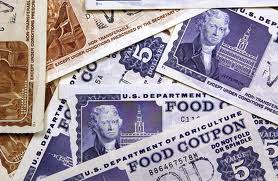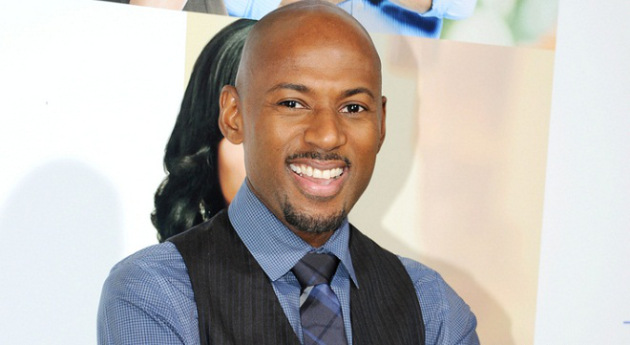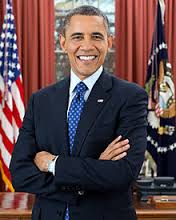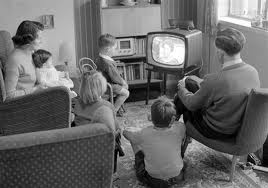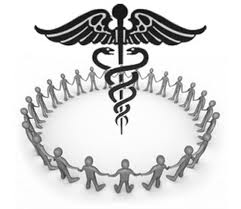
Health Care.
It’s all the rage these days. How are we going to implement it? Will the republicans defund it? Can Obama legally just change the law as he sees fit?
Fascinating stuff.
But underneath it all is the assumptions that go into it. For example, take Ezra Klein over at Bloomberg:
Health care and education pose the same basic threat to the economy: How do you keep costs down for a product that consumers must purchase?
Saying “no,” after all, is how consumers typically restrain costs. If Best Buy Co. wants to charge you too much for a television, you can walk out. You might want a television, but you don’t actually need one. That gives you the upper hand. When push comes to shove, producers need to meet the demands of consumers.
But you can’t walk out on medical care for your spouse or education for your child. In the case of medical care, your spouse might die. In the case of college, you’re just throwing away your kid’s future (or so goes the conventional wisdom). Consequently, medical care and higher education are the two purchases that families will mortgage everything to make. They need to find a way to say “yes.” In these markets, when push comes to shove, consumers meet the demands of producers.
So, first off, education is nothing like health care. You may or may not purchase it. Sure, purchasing some of it is a great idea, more of it may be a good idea and too much can be a bad thing – look at all the freakin’ Fine Arts and English Literature students out there. Sheesh.
Second, Ezra misses a critical parallel – food. After all, even more basic a need than health care is food. And we aren’t facing a food cost crisis. Nor is there a food shortage. In fact, hunger is defeated here in America and on the ropes globally.
So what gives on medical care?
One answer, beloved on the right, is that government is the problem and less government is the solution. Both medical costs and education costs are highly subsidized. Those subsidies, some contend, are the cause of rising prices. If people were paying full freight, they’d be acting more like typical consumers and demanding a better deal.
That gets causality backward. The subsidies exist because consumers — also known as “voters” — are desperate to get medical care when they need it and secure quality educations for their kids. As prices rise, they appeal to the government for help. They find a way to say “yes.”
Indeed. Let people pay full freight. And this should be accomplished in two ways:
- Let people purchase insurance on their own outside of the confines of their job.
- Create an environment where people shop for their own medical care.
In the first, it’s a perverse system that takes away an individual’s insurance when they loose their job. In the second, shopping for services reduces costs and can even reduce services that are duplicates or are not needed.
But what of subjecting medical care to the market, how are we to explain emergency care? Easy, there isn’t much of it:
Health care is a big business in the United States, representing more than 16 percent of U.S. Gross Domestic Product. Yet there are misconceptions about the costs and efficiencies of emergency rooms and “unnecessary” care. According to U.S. government statistics, emergency care represents less than 2 percent (1.9 percent)1 of the $2.4 trillion spent on health care.
Two percent on emergency care. The rest, fully 98% of the health care spend…that money is spent on procedures and items that, while certainly not discretionary, are able to be planned and most importantly, shopped.
No one feels that food is discretionary – that we can choose to go without food for long. But when opened up to a freer market, food has become ubiquitous.
Two simple changes to the way we deliver health care would dramatically reduce prices – okay 3, I just thought of another:
- Separate health insurance from employment – end the tax break for insurance as compensation.
- Buy plans that carry large deductibles and pair them with HSA’s.
- End the concept that routine maintenance be covered by insurance – this is not insurance, it is a prepaid medical plan.
Problem solved.

